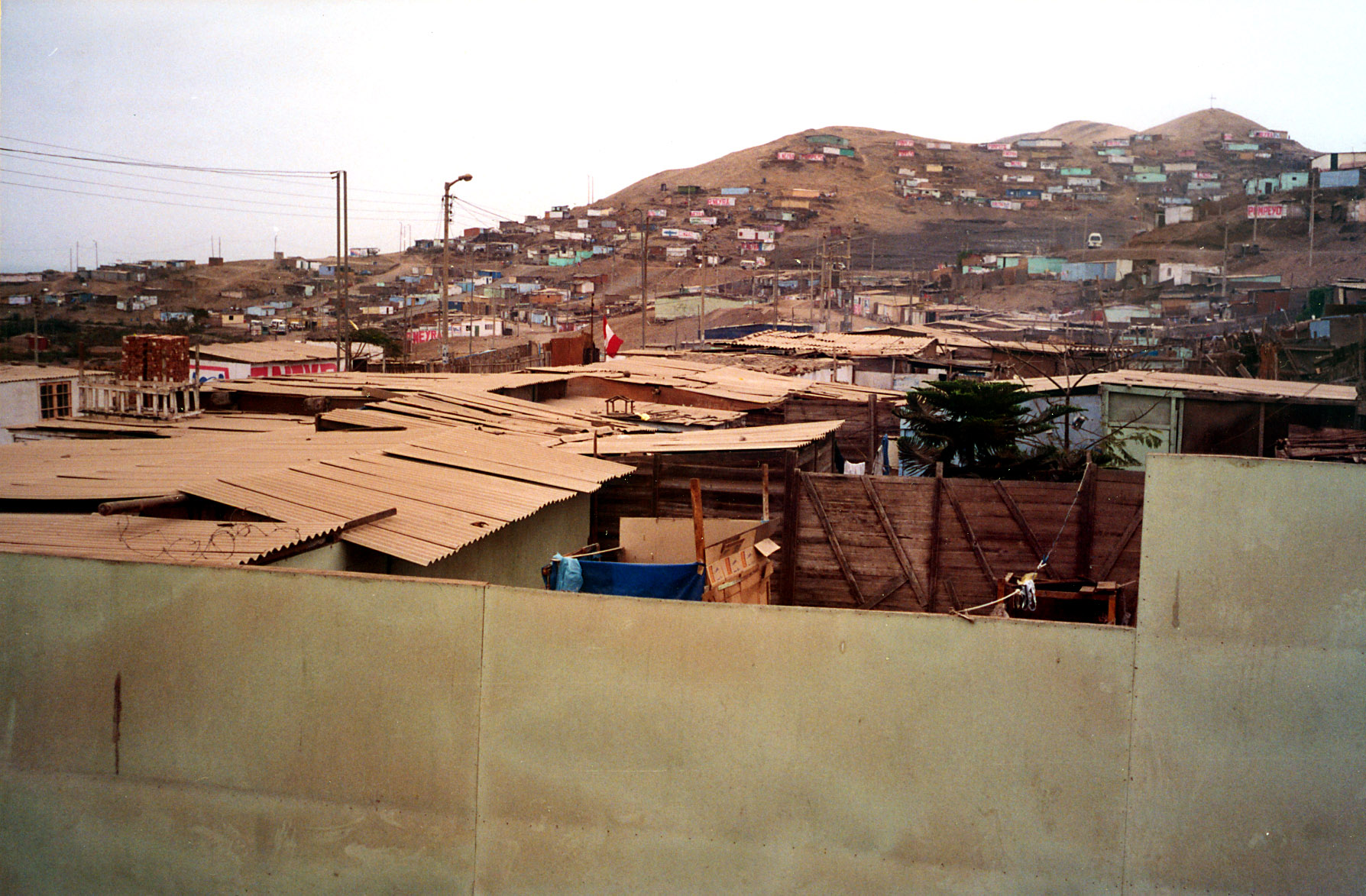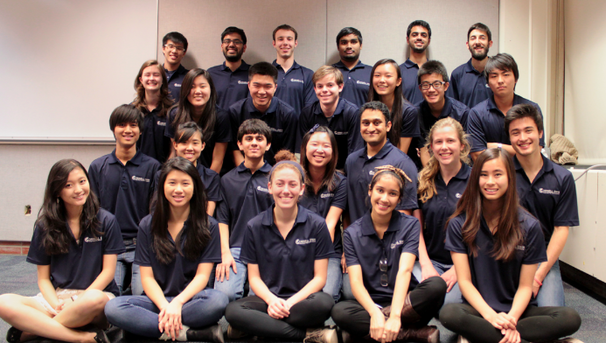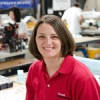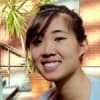Engineering World Health: Field Testing in Peru
To create sustainable healthcare solutions, it is imperative that engineers immerse themselves in the environment they wish to improve.
In order to improve the healthcare infrastructure of developing countries, Engineering World Health (EWH) aims to engage directly with healthcare workers in order to identify unique technological problems in their day-to-day lives. It is vital for engineers on the team to experience first hand how patients live in underprivileged circumstances, as well as volunteer with doctors to fully understand the medical resources available to them. The insights we gain will greatly improve our design process, as our engineers will be able to create medical devices that fit the specific needs that they observed.
Last summer, our team won 3rd place in the international EWH Design Competition. But we want to do more than win competitions. We want to design and distribute devices which will help real people, now. But in order to do that, we need more knowledge of developing healthcare systems.
EWH aims to travel to Lima, Peru, a location that is stricken with extreme poverty in the densely populated outskirt settlements. People from around the region migrated into Lima to seek better economic opportunities, but are often stuck in communities that lack basic services such as education, healthcare, and sanitary conditions. With rapid and continued population growth in these areas, many communities are plagued with low wages, high unemployment, and overall lack of attention from the state. In addition to bringing our current prototypes of a low-cost vital signs monitor and our prize-winning vaccine cooler, we will be looking for other healthcare problems that better design could solve.

In partnership with MEDLIFE, EWH hopes to work with mobile clinics and community development projects in these poverty-stricken areas. These clinics are usually staffed by general practictioners, who provide basic dental, OB/GYN, pediatric care, and basic preventative tests. Volunteers who work with mobile clinics will have the opportunity to work closely with and learn from medical professionals as they identify individuals in need of follow-up care. Specifically, students work for ten days, assisting staff with patient intake, triage and pharmacy, and running the educational programs. However, as costs rise for lodging and the overall program fees, many students find they cannot afford this valuable opportunity.
We are requesting your help and support to make it possible for any student to partake in this life changing experience. Thank you!

All funds will first go towards the program fee (food, lodging, transportation), then to airfare, and any additional funds will be used for future project development.
$41
Mobile clinic afternoon
Support at this level will cover the cost of a student spending an afternoon in a mobile clinic in Lima. They will be interviewing doctors, healthcare workers, and patients, and volunteering their skills to help the clinic.
$83
A Day in Lima
This amount covers the program fee (food, lodging, and transportation) for one day for a student while they gain vital hands-on experience in Lima. We'll send you a postcard from Peru! (Please leave your address for a postcard!)
$325
Halves
This amount will cover approximately half the airfare or 4 days of food, lodging, and transportation for one student. We'll send you a postcard from Peru and a report of what we completed on our trip! (Please leave your address for a postcard!)
$650
One Airfaire
This amount will cover or greatly subsidize the cost of airfare to Lima for one student. We'll send you a postcard form Peru, a report of what we accomplished there, and a copy of our design competition reports! (Leave your address for a postcard!)





